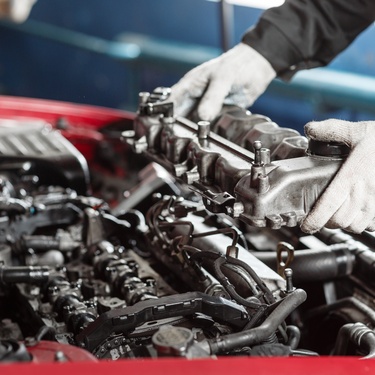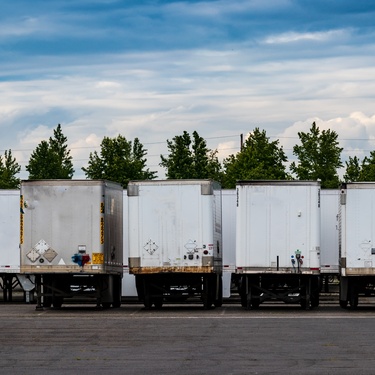
Diesel turbochargers play an important role in enhancing engine performance, providing the power and efficiency many vehicles and machinery demand. However, with great performance comes the heat generated by pushing engines beyond their standard capacity. That’s where cooling systems step in. Proper cooling is essential for keeping turbochargers running smoothly. This article will explore how cooling systems impact diesel turbochargers and why they’re vital for performance and longevity.
Understanding the Basics
Cooling systems help regulate temperatures during diesel turbocharger operation. When a turbocharger compresses air, it generates significant heat. Excess heat could lead to inefficiencies, reduced performance, and long-term damage without the right cooling mechanisms. Their job is to absorb and dissipate heat so the turbocharger operates within a safe temperature range.
The Critical Role of Cooling
The effectiveness of cooling influences how well a diesel turbocharger performs. When temperatures within the turbo are kept under control, components experience less wear and tear, fuel burns cleaner, and the overall engine output improves. Overheating lowers efficiency and risks damaging key elements like the turbo housing and turbine shaft.
Using a system with the right cooling features for your diesel turbocharger will protect these valuable components and allow the engine to sustain higher performance levels for longer durations.
Types of Cooling Systems Used
Diesel turbochargers primarily utilize liquid cooling or air cooling. Liquid-cooled systems commonly use coolant and water mixtures and are popular for their heat-absorption capability and reliability, particularly in heavy-duty applications. On the other hand, air-cooled systems rely on surrounding airflow to reduce temperatures and are simpler in design. Both system types have their strengths, meaning the right choice depends on the turbocharger’s usage context and the specific requirements of your vehicle or machinery.
Signs of Cooling System Failure
Over time, cooling systems may encounter issues that affect their ability to regulate temperatures effectively. Common signs of failure include unusual engine noise, reduced turbocharger performance, or overheating warnings on your dashboard. Leaks in coolant systems, cracks in components, or debris buildup can also signal malfunction. Addressing problems is critical to preventing expensive repairs or total turbocharger failure.
Maintenance Tips
Regular maintenance is key to keeping your turbocharger’s cooling system in top shape. Check coolant levels frequently and use fluids recommended by the manufacturer to maintain proper function. Inspect hoses, seals, and connectors for wear or leaks, as these are common culprits of system failures. Keeping your cooling system clean from dirt and debris guarantees consistent operating temperature regulation.
Additionally, investing in the right cooling system features for your diesel turbocharger will reduce maintenance costs and allow it to perform efficiently under heavy load conditions.
Take the time to evaluate how well your current cooling system supports your diesel turbocharger’s performance needs. Modern cooling solutions boost efficiency and protect the longevity of your engine’s most critical components. Start exploring options that offer the right features today to get the most out of your turbocharger.
Bio: Casey is a passionate copyeditor highly motivated to provide compelling SEO content in the digital marketing space. Her expertise includes a vast range of industries from highly technical, consumer, and lifestyle-based, with an emphasis on attention to detail and readability.



















